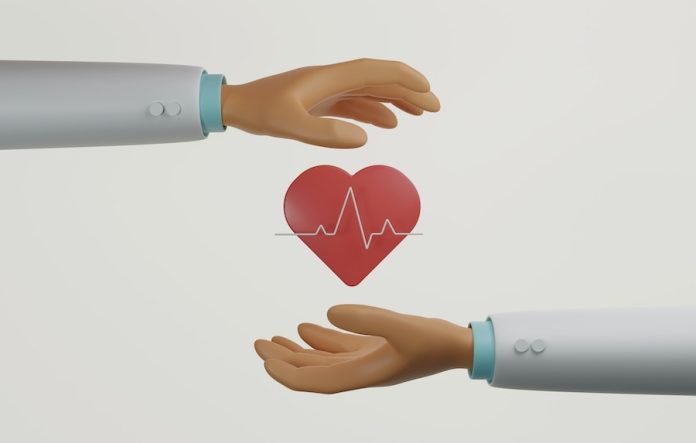
Severe Aortic Stenosis (AS) is a condition primarily affecting older adults, where the aortic valve in the heart narrows down, limiting blood flow.
Early detection is crucial for managing symptoms and reducing the risk of hospitalization and death. Typically, Doppler echocardiography, a specialized form of heart ultrasound, is used for this purpose.
The Breakthrough
Researchers at the Cardiovascular Data Science (CarDS) Lab, led by Dr. Rohan Khera, have developed a machine-learning model that can automatically detect severe AS using simpler ultrasound scans.
Published on August 23 in the European Heart Journal, this breakthrough comes as a potential game-changer in routine clinical care for AS.
The team trained their deep learning model using 5,257 studies that included 17,570 videos between 2016 and 2020 from Yale New Haven Hospital.
The model was further externally validated by 2,040 consecutive studies from different cohorts in New England and California.
“Most of the time, patients are diagnosed too late because they only reach specialized echocardiographic labs when the disease has progressed,” said Dr. Khera.
The aim was to develop a machine-learning approach suitable for point-of-care ultrasound screening, explained Evangelos Oikonomou, the study’s co-first author.
Implications for Clinical Practice
This technology can potentially be implemented in various settings, including emergency departments, where handheld ultrasounds are increasingly being used.
Dr. Khera believes that this will “allow broader community screening for AS without the need for specialized equipment.”
Multidisciplinary Collaboration
The development was a result of close collaboration between medical professionals and computer scientists. “To improve clinical care, such multidisciplinary collaboration is essential,” emphasized Dr. Khera.
Future Prospects
This could mean that patients are diagnosed much earlier and can receive the necessary treatment before the disease advances, thereby saving lives and healthcare costs.
“This work allows the early detection of aortic stenosis so that patients can receive timely care,” added Dr. Khera.
Summary
The CarDS Lab’s groundbreaking work shows that AI can potentially revolutionize how heart diseases like AS are diagnosed and managed, making early detection easier and more accessible.
Given the severity of AS, particularly among older adults, such advancements could have a monumental impact on healthcare.
If you care about heart disease, please read studies about chronic itch linked to heart disease, and drinking coffee this way may prevent heart disease and stroke.
For more information about heart health, please see recent studies about how to remove plaques that cause heart attacks, and results showing a new way to prevent heart attacks, and strokes.
The study was published in European Heart Journal.
Follow us on Twitter for more articles about this topic.
Copyright © 2023 Knowridge Science Report. All rights reserved.



